Proper 16 C; August
25, 2013
Jeremiah 1:4-10
Psalm 71
Hebrews 12:18-29
Luke
13:10-17
Our gospel lesson today is only incidentally about healing a
woman’s crippling ailment. This story is really about who is entitled to be
healed – who is to be included – who is privileged – and who is not.
In the religious communities of Jesus’ day, ritual purity
was very important. Cleanness and uncleanness, health and sickness, who could
be touched and who could not be touched – all of these considerations were the
basis of religious laws. Doing any work, including the work of healing, was
forbidden on the Sabbath, the day of rest.
These laws about cleanness defined who was in and who was
out. If you were sick, as this woman was for 18 years, you were isolated,
alone, probably shunned by your family, with begging your only option for
making a living. So Jesus was not only doing some work – the work of God – by
healing on the Sabbath; he was healing someone deeply unclean, someone shunned,
someone the men in the synagogue would never touch – would perhaps not even
look in the eye.
Jesus healed this woman, on this day, on purpose. Way back
in the 4th chapter of this same Gospel of Luke, Jesus said this in his first
sermon in his hometown synagogue: “Today this scripture has come true in your
hearing.” You could say that the rest of the Gospel is an embodiment of that
statement. In everything else he does in the Gospel of Luke, Jesus is the
living example of the work of God – the mission of God. If you want to know
what scripture means, what God’s work of creation means, look no farther than
me, Jesus said. Look no farther than this woman, this daughter of Abraham, that
I have set free from her bondage to all of you.
If Jesus embodies healing and liberation, then those the
gospel calls his “opponents” embody privilege, institutionalized privilege that
shuts the “unclean” out. Institutionalized privilege is “business as usual.” If
you do something, and someone says to you, “How dare you!” you are likely to
have snubbed that person’s sense of privilege. Institutionalized privilege
means you get to set the rules. You get to define what is normal, what is
clean, who is worthy. You never have to earn this privilege; you just get it,
by virtue of being … privileged. It is hard to question privilege that is
institutionalized, because it is in the very air you breathe – that all of us
breathe, those on the inside of privilege as well as those on the outs. It’s
just the way things are.
That’s why the healing is only incidental to this story.
What Jesus is doing here is upending a whole institution of privilege. Or you
could say that healing IS central to the story but what Jesus is doing is
healing all of these people of their sin of privilege – of their sin of
pretending to be better than this woman – of their sin of thinking they are
better than God.
In the midst of the coverage of the 50th anniversary of the
March on Washington, I caught a re-run of a
documentary on the life of the
writer James Baldwin. Baldwin was eloquent about the toll white privilege took
on him as a black-skinned American. It was exhausting, crippling, to be written
out of American society as though he did not exist. The documentary frequently
shows footage of white people incredulously asking Baldwin why he raises these
questions with such urgency and can’t he just wait until things get better? It’s
like expecting that crippled woman outside the synagogue just to wait another
18 years. But when privilege – the privilege to heal, the privilege to include,
the privilege to define the terms of everyone else’s life – is
institutionalized, everyone is shocked, and challenged, when someone has the
audacity to raise questions. It is even more shocking when someone actually
acts, and exposes privilege for the fallacy that it is. Heal on the Sabbath? She
is a daughter of Abraham. Why shouldn’t she be healed?
This week we are reminded again how difficult it is to raise
questions about white privilege. The journalist Charles Blow wrote,
… my worry is that we have hit a ceiling of sorts. As we get
closer to a society where explicit bias is virtually eradicated, we no longer
have the stomach to deal with the more sinister issues of implicit biases and
of structural and systematic racial inequality.
I worry that centuries of majority privilege and minority
disenfranchisement are being overlooked in puddle-deep discussions about race
and inequality, personal responsibility and societal inhibitors.[i]
There were people in the 1960s who found James Baldwin
terrifying. He grew up in the church. He knew the power of the wrath and
thunder found in writings like our passage today from the Epistle to the
Hebrews. One of his most famous books takes its title from a spiritual that
could have been inspired by this passage – and Baldwin used those lines to warn
society of the true wrath to come at the dismantling of white privilege:
God gave Noah the rainbow sign/no more water – the fire next
time.
But at heart he was a true believer in God’s work of
creation, a true believe that God’s grace was about the healing and reconciling
of all of humanity. At the end of the film, we hear Baldwin say,
The day will come when you will trust you more than you do
now, and that you will trust me more than you do now, that we will trust each
other. I do believe, I really do believe in the new Jerusalem. I really do
believe that we can all become better than we are, I know we can, but the price
is enormous.[ii]
James Baldwin was able to say that, with that kind of hope
and realistic optimism because he knew these stories of Jesus upending
privilege just to heal some unnamed woman who had been sick for 18 years. James
Baldwin, and all of us, were watching Jesus that day, and James Baldwin, and
surely all of us, were among the crowd who rejoiced.
[i]
Charles M. Blow, “Fifty Years Later” http://www.nytimes.com/2013/08/24/opinion/blow-50-years-later.html?partner=rssnyt&emc=rss
[ii]
from the documentary, James Baldwin: The
Price of the Ticket, http://www.pbs.org/wnet/americanmasters/episodes/james-baldwin/film-james-baldwin-the-price-of-the-ticket/2632/


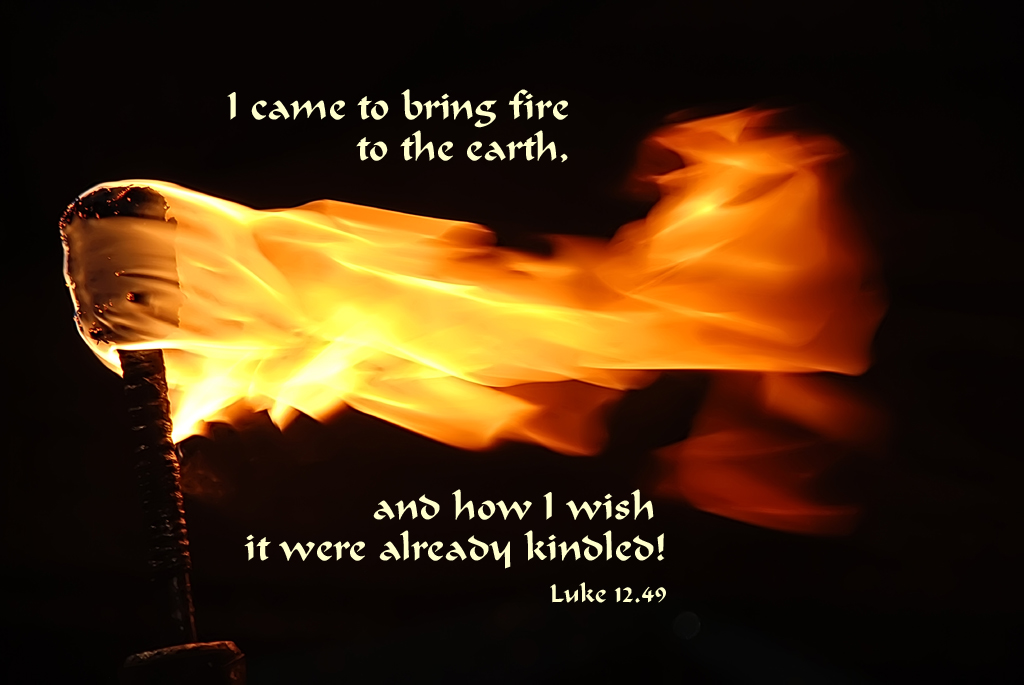





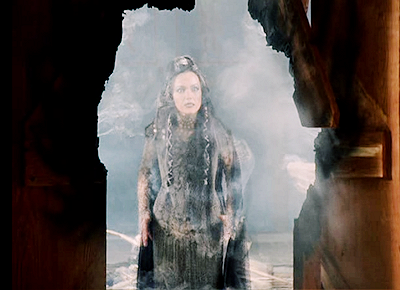

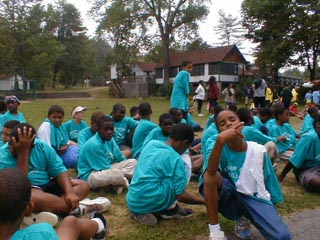



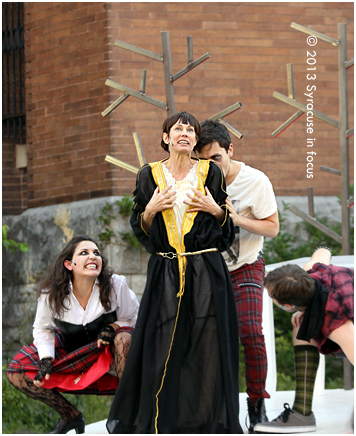



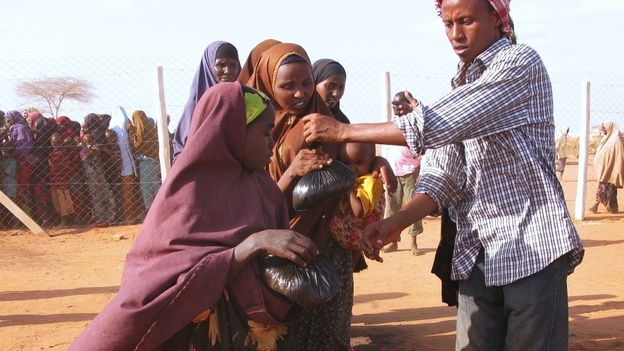
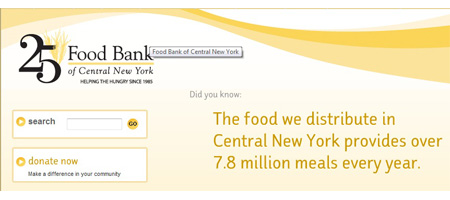




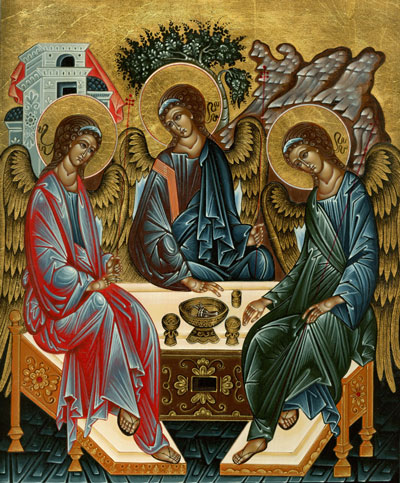




.jpg)




.JPG)

